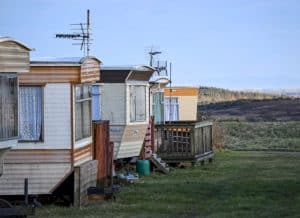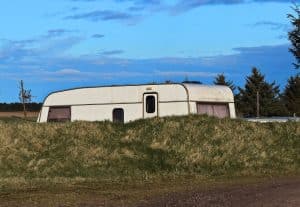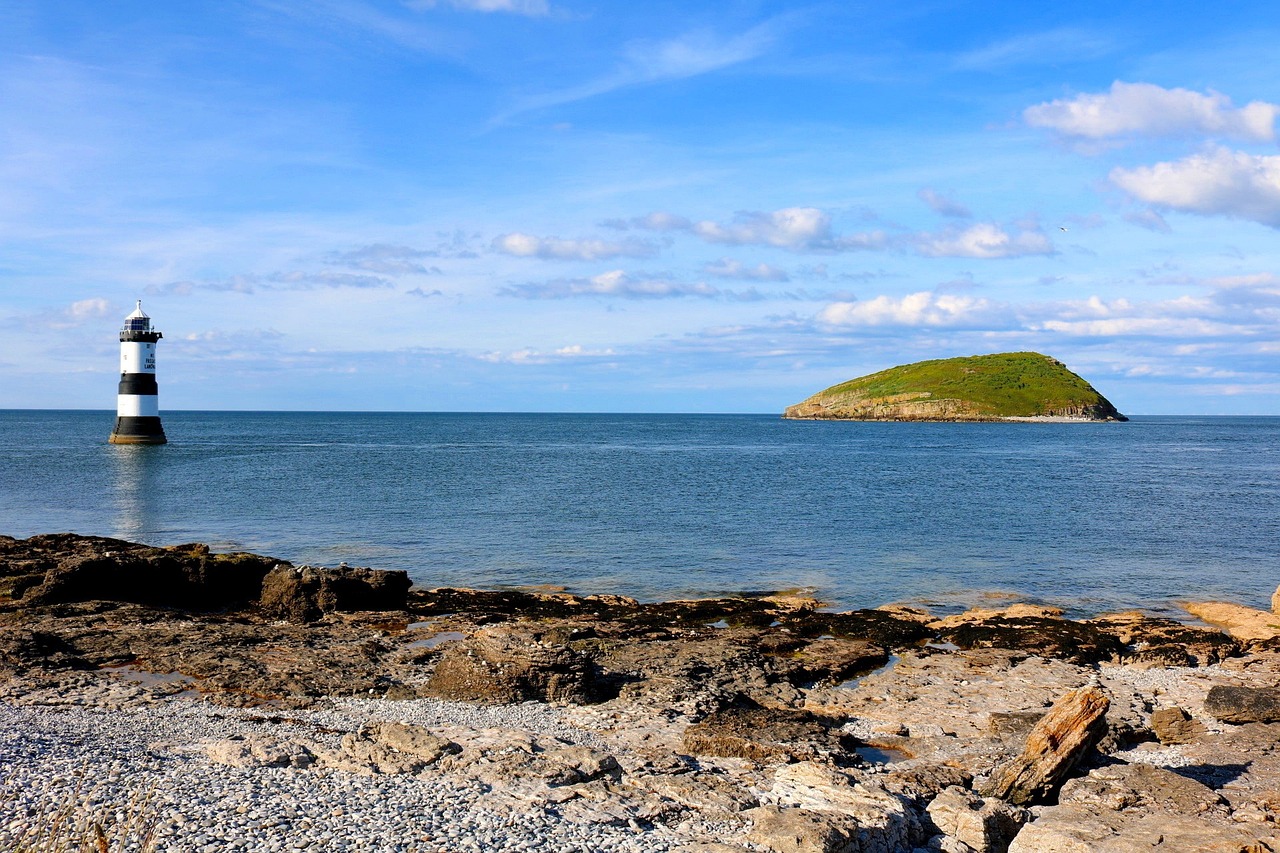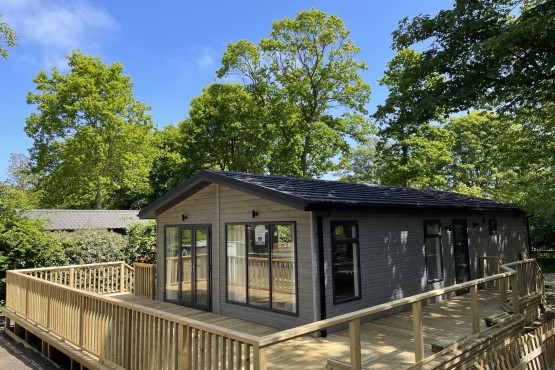7 Common Issues to Avoid when Purchasing Static Caravan
Purchasing a static caravan could be a thrilling experience that takes months, if not years, of thought and research. However, the entire buying process can be enjoyable, whether you’re looking for a suitable static caravan site or the caravan of your dreams. Because units can last for 20 years or more, selecting the best model for you, your family, or your business is an important decision.

It is easy to get caught up in the moment and forget to do your research before purchasing. There are several pitfalls to prevent when buying a luxury static caravan, all of which you can easily avoid if you know what to look for. Getting it wrong is costly, time-consuming, and frustrating. That is why we are here to assist.
Here are seven common issues to prevent when purchasing a luxury static caravan:
Caravan Makes To Avoid
When considering buying a static caravan there are certain makes and models you may want to avoid. This includes anything without the proper accreditation from the national caravan council to confirm this is a legitimate model built to comply with current ‘caravan act’ regulations. Read up on the NCC product approval scheme here. When purchasing a static caravan it could be in your interest to contact the manufacturer to find out their current warranty information. If the caravan currently has no warranty remaining it could be one to avoid or ask the seller for extra assurances. Caravan makes to avoid could also include models manufactured over seas. They may look good and the price may be keen however you have to consider import tax, transport costs and who would handle future warranty requests should something go wrong.
1. Failure to record all associated costs
So, you heard about new static caravan sales ongoing, or you’re just searching online with little to no idea how much a new static caravan is going to cost you. Of course, the most expensive item you have to consider is the caravan itself, which can cost more than £10,000, followed by the cost of transporting and erecting it. You must, however, ensure that you have enough money to cover a variety of other caravan-related expenses, such as:
- Static caravan site fees
- Commissioning Fees (connecting water, electricity, gas)
- Utility costs
- Monthly Fees
- Gas and boiler maintenance
- Rust protection and maintenance
Based on whether it is fully furnished or not, and if there are other necessities you need to move in or start renting it out, you may want to budget for home furnishings.
2. Assuming That All Caravan Parks Are Equal
Many static caravan purchasers make the mistake of assuming that all parks have the same rules and regulations. Private companies manage these caravan parks, and they have the authority to impose various rules at their discretion. Furthermore, caravan parks may have multiple licenses for different types of operations. Simply put, there are two kinds of caravan parks: holiday parks and residential parks.
Holiday caravan parks permit the parking of luxury static caravans used as vacation homes. These static caravans are not allowed to be used as a year-round or permanent residence. This is mostly reflected in the park rules, as holiday caravan parks close during the winter, making permanent residence impossible. In short, you will be unable to live in or treat a static caravan purchased from a holiday caravan park as a permanent residence.
Park home parks, on the other hand, are a completely different story. Park homes, are intended to be lived in, and are licensed accordingly. Residential caravan parks do not close during the winter. Many have other amenities and infrastructure to support the fact that people will be using their static caravans as full-time residences.
Understanding the kind of park, you’ll need to buy your caravan from is an essential step.
3. Insurance Coverage Information Mistakes
People pay little attention to static caravan insurance policies and disregard the terms that accompany them. As a result, they are surprised later to learn that the most critical aspects of the insurance are not covered. Before purchasing a static caravan for sale, double-check all areas covered by the insurance policy to avoid making this mistake.
These are the mistakes that people make because they are impulsive and careless. They may not appear significant at first, but they will accumulate over time. So be a cautious buyer and make a calculated investment.
4. Caravan Age Restrictions
It is critical to be aware of the age restrictions in your caravan park. Some parks only allow static caravans on their grounds under a specific age limit, usually around ten years. Suppose you purchase a caravan that is already 6-7 years old. In that case, you may be forced to relocate your static caravan to a different park or make other arrangements if you exceed the caravan age limit within a few years. You should avoid caravans of a certain age which cannot remain on site for a long period of time.
Some parks will assist you with this, while others have specific rules and regulations governing caravan movement. Regardless, it would be best if you inquired about the rules governing caravan age and activity in the park you’re interested in, as well as the age of the caravan or park home you want to purchase, or you risk being caught off guard.
5. Choosing the incorrect size of a static caravan
Before you fall in love with the perfect static caravan, measure the access point at the location where it will be transported and installed. This saves you time and energy looking at caravans that can’t be delivered –remember to double-check the dimensions before scheduling a viewing when looking online. Most caravans will be slightly wider than the original width once door handles and window frames are considered.
6. Failure to examine the warranty
If you buy a static caravan, make sure you understand the terms of the manufacturer’s warranty to avoid accidentally voiding it. When you buy it, it may come with the balance of a three, five, ten, or fifteen-year warranty, which is worth keeping in case any problems arise. In addition, some statics may include warranty coverage for structural or corrosive damage. Before you agree to the sale, ask about the warranty, read it, and ask any questions you have.
7. Not taking into account future needs
To future-proof your purchase as much as possible, consider your plans for the next few years:
- Will you need more rooms to accommodate family members?
- Is the static caravan suitable for the whole family?
- Is it necessary to have the ability to sublet or rent it out in the future? (Always double-check that this is a viable option.)
Consider the seasons and whether you’d prefer double glazing over winter, as well as double doors in the lounge for spring evenings, whether you’re buying in winter or summer. In other words, think about how you’ll use it and the logistics. If you intend to sublet or believe you will eventually rent the home, keep the decor neutral to appeal to renters.
Final Thought
So now, dear friends, with this vital piece of information, we’re sure that you can now go on ahead to plan for your holidays, keeping in mind what’s essential and what is not. So, get that caravan today!!!!












